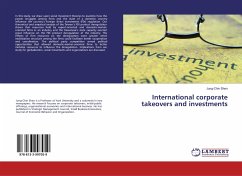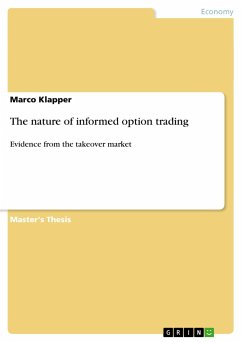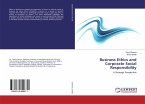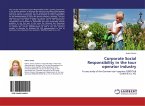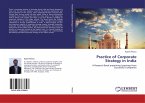In this study, we draw upon social movement theories to examine how the power struggles among firms and the state of a domestic country influence the country¿s foreign direct investments (FDI) regulation. Our theoretical and empirical analysis of the Taiwan¿s FDI product deregulation shows that resources held by export-oriented and domestic-market-oriented firms in an industry and the Taiwanese¿s state capacity exerted great influence on the FDI product deregulation of the industry. The effects of firm resources on the deregulation were greater when mobilization structure among the firms could facilitate better cooperation and coordination. The political party competition served political opportunities that allowed domestic-market-oriented firms to better mobilize resources to influence the deregulation. Implications from our study for globalization, social movements and organizations are discussed.
Hinweis: Dieser Artikel kann nur an eine deutsche Lieferadresse ausgeliefert werden.
Hinweis: Dieser Artikel kann nur an eine deutsche Lieferadresse ausgeliefert werden.

